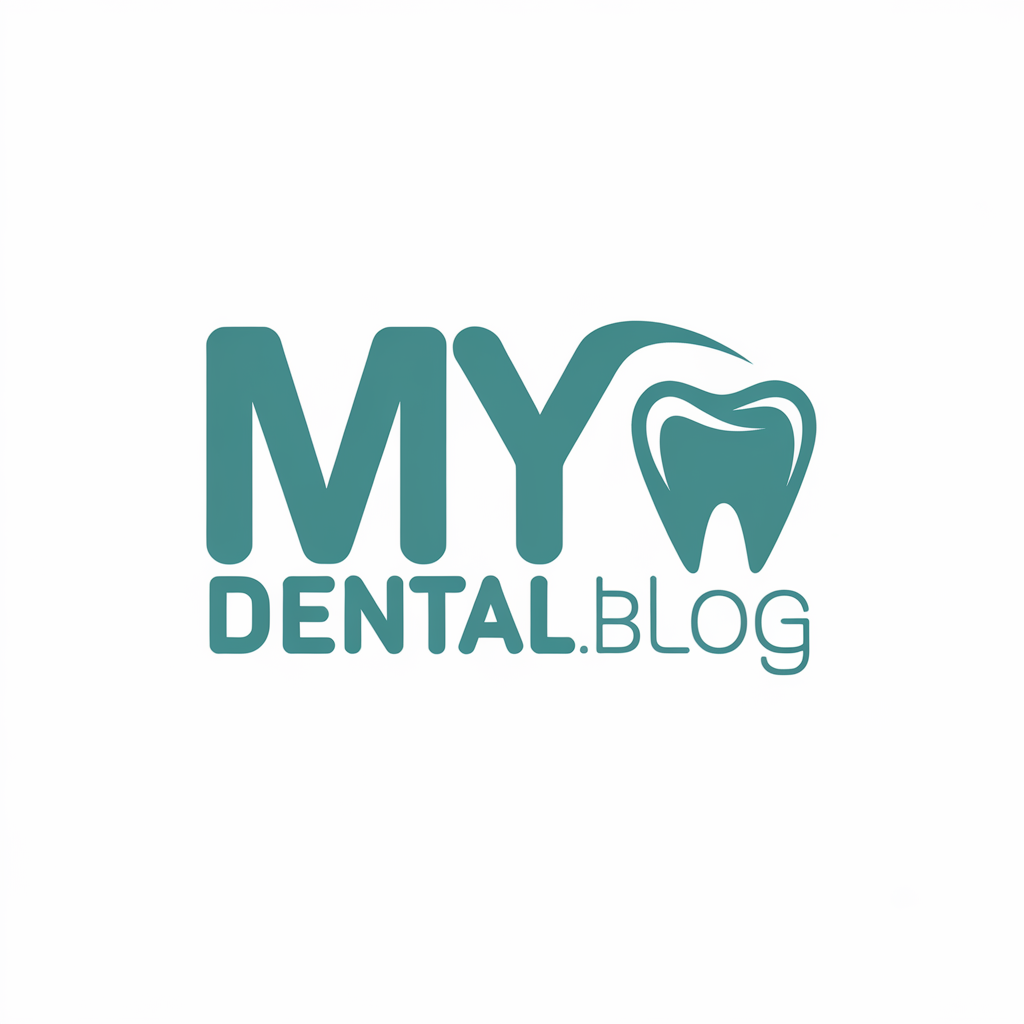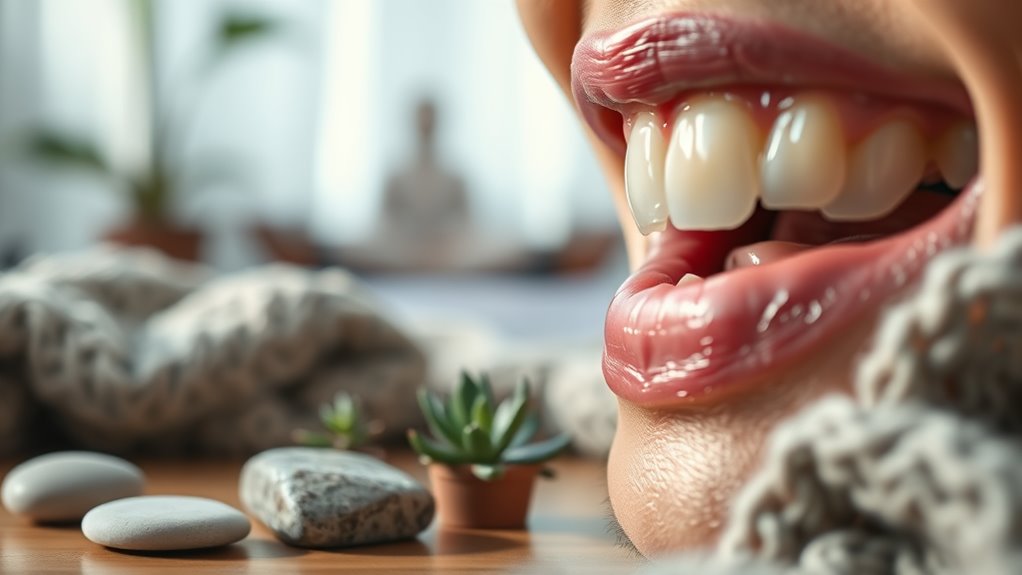I Didn’t Realize My Anxiety Was Affecting My Teeth-Here’s How I Coped
Your anxiety might be quietly affecting your dental health, manifesting as neglect in your oral care habits. Common challenges include stress-induced cravings for sugary snacks and avoidance of necessary dental appointments. Recognizing the physical symptoms of stress, like jaw tension or teeth grinding, is vital for managing your anxiety. To cope, techniques like deep breathing and visualization can help you find calm. By understanding this connection, you can take steps towards both mental and dental well-being. There’s more you can explore on this journey.
Understanding the Link Between Anxiety and Dental Health
When you feel anxious, it can affect your body in ways you mightn’t expect, including your dental health.
The dental fear effects often lead to neglecting oral hygiene, resulting in issues like cavities or gum disease. Sugary snacks and candy can exacerbate these problems, as the stress-induced cravings for comfort food may lead to poor dietary choices.
Understanding this connection is crucial; addressing your anxiety can improve both your mental state and your dental well-being.
Don’t ignore the signs—your teeth deserve care too.
Personal Experiences With Dental Anxiety
Although many people experience dental anxiety, it can feel isolating when you’re in the chair, heart racing and palms sweaty.
You might find yourself:
- Dreading your next appointment for weeks.
- Avoiding routine cleanings that could prevent larger issues.
- Feeling embarrassed when sharing your fears with the dentist.
Recognizing you’re not alone in this struggle can be a strong first step toward coping effectively. Exploring comfort-focused care can significantly enhance your dental experience and help alleviate anxiety.
Recognizing the Physical Symptoms of Stress
Experiencing dental anxiety often triggers a host of physical symptoms that can amplify your stress.
You might notice tension in your jaw, headaches, or even teeth grinding without realizing it.
These symptoms aren’t just uncomfortable; they can impact your overall well-being.
Recognizing these signs is vital, as awareness can help you understand your body’s response to anxiety and seek appropriate support. Bruxism leads to unconscious teeth grinding during sleep, which can further exacerbate these physical issues.
Strategies for Managing Anxiety
Managing anxiety, especially in dental settings, can feel overwhelming at times, but several effective strategies can help ease your mind.
Here are a few:
-
Practice deep breathing: Take slow, deep breaths to calm your nervous system.
-
Visualize a safe space: Picture a calming place that brings you comfort.
-
Stay informed: Learning about the procedures can reduce fear of the unknown.
-
Engage in conscious breathing: Conscious breathing activates the parasympathetic nervous system, helping to lower anxiety during dental visits.
You’ve got this!
Establishing a Positive Relationship With Dental Care
Building a positive relationship with dental care can make a significant difference in how you feel about visits to the dentist.
Start by choosing a dentist who understands your concerns and makes you feel comfortable. Communicate openly about your anxieties, and schedule regular check-ups to build familiarity. Additionally, practicing Progressive Muscle Relaxation before your visits can help reduce anxiety and create a more positive experience.
Seeking Professional Help for Anxiety and Dental Issues
When anxiety about dental visits feels overwhelming, seeking professional help can be a crucial step toward finding relief.
Consider these avenues:
-
Therapy: Talking to a therapist can help address the root causes of your anxiety.
-
Support Groups: Connecting with others facing similar issues can provide comfort and strategies.
-
Dental Anxiety Coaches: Specialized professionals can guide you through your dental experiences, making them less daunting. Additionally, practicing breathing techniques can significantly reduce stress and help you manage your anxiety during dental visits.





